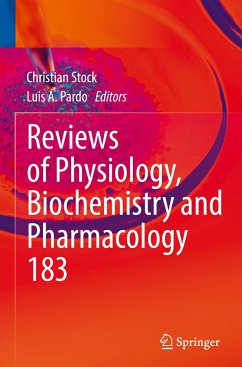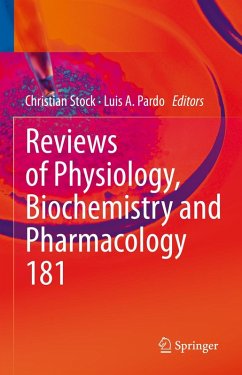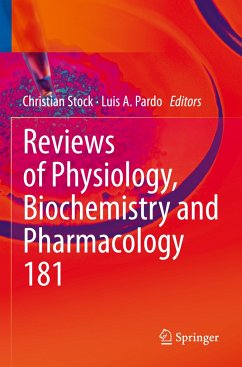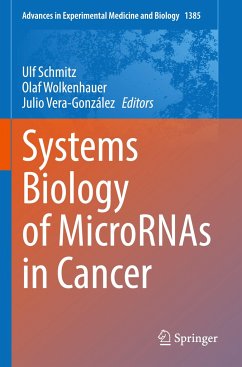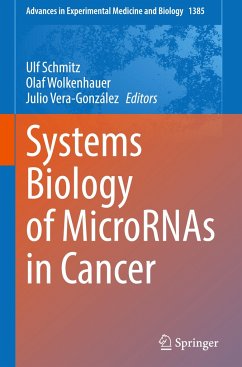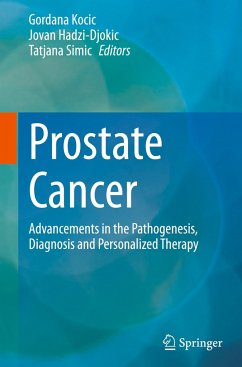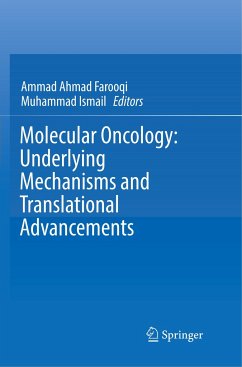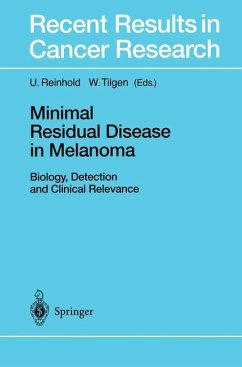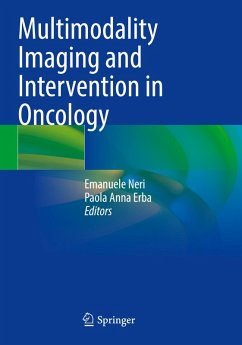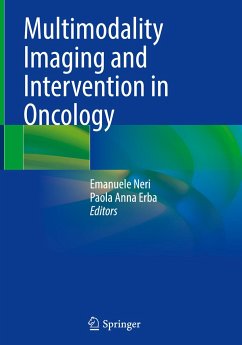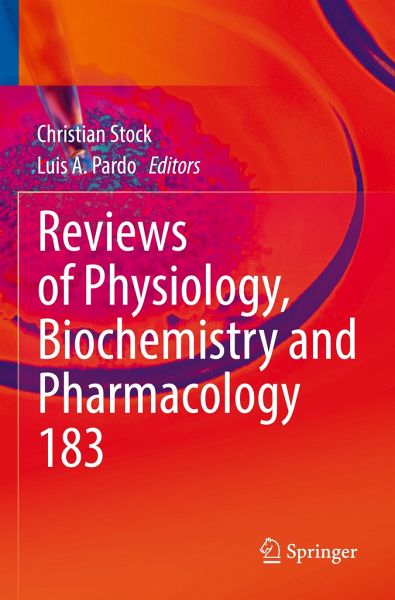
Targets of Cancer Diagnosis and Treatment
Ion Transport in Tumor Biology
Herausgegeben: Stock, Christian; Pardo, Luis A.
Versandkostenfrei!
Versandfertig in 6-10 Tagen
106,99 €
inkl. MwSt.

PAYBACK Punkte
53 °P sammeln!
This third and final volume in the "Ion Transport in Tumor Biology" collection presents novel diagnostic and therapeutic approaches in cancer based on the exploitation of ion transport proteins. The authors critically examine several transportome members, particularly Na+, K+, Ca2+, and Cl- channels, as well as organic solute carriers regarding their suitability as therapeutic targets. Synergistic effects resulting from the combined use of classical cytostatics with ion transport-inhibiting drugs are pointed out, and the capability of bispecific antibodies to function as anticancer drugs is di...
This third and final volume in the "Ion Transport in Tumor Biology" collection presents novel diagnostic and therapeutic approaches in cancer based on the exploitation of ion transport proteins. The authors critically examine several transportome members, particularly Na+, K+, Ca2+, and Cl- channels, as well as organic solute carriers regarding their suitability as therapeutic targets. Synergistic effects resulting from the combined use of classical cytostatics with ion transport-inhibiting drugs are pointed out, and the capability of bispecific antibodies to function as anticancer drugs is discussed.
As readers will also learn, the use of ion channel inhibitors could improve the outcome of radiotherapy because the development of radio-resistance during radiotherapeutic treatment often correlates with increases in the expression levels and conductance of ion channels. The translational topics of this volume form a bridge between biochemical research and therapeutic application.
As part of a three-volume collection, this book will fascinate members of the active research community, as well as clinicians in the cancer field.
As readers will also learn, the use of ion channel inhibitors could improve the outcome of radiotherapy because the development of radio-resistance during radiotherapeutic treatment often correlates with increases in the expression levels and conductance of ion channels. The translational topics of this volume form a bridge between biochemical research and therapeutic application.
As part of a three-volume collection, this book will fascinate members of the active research community, as well as clinicians in the cancer field.





